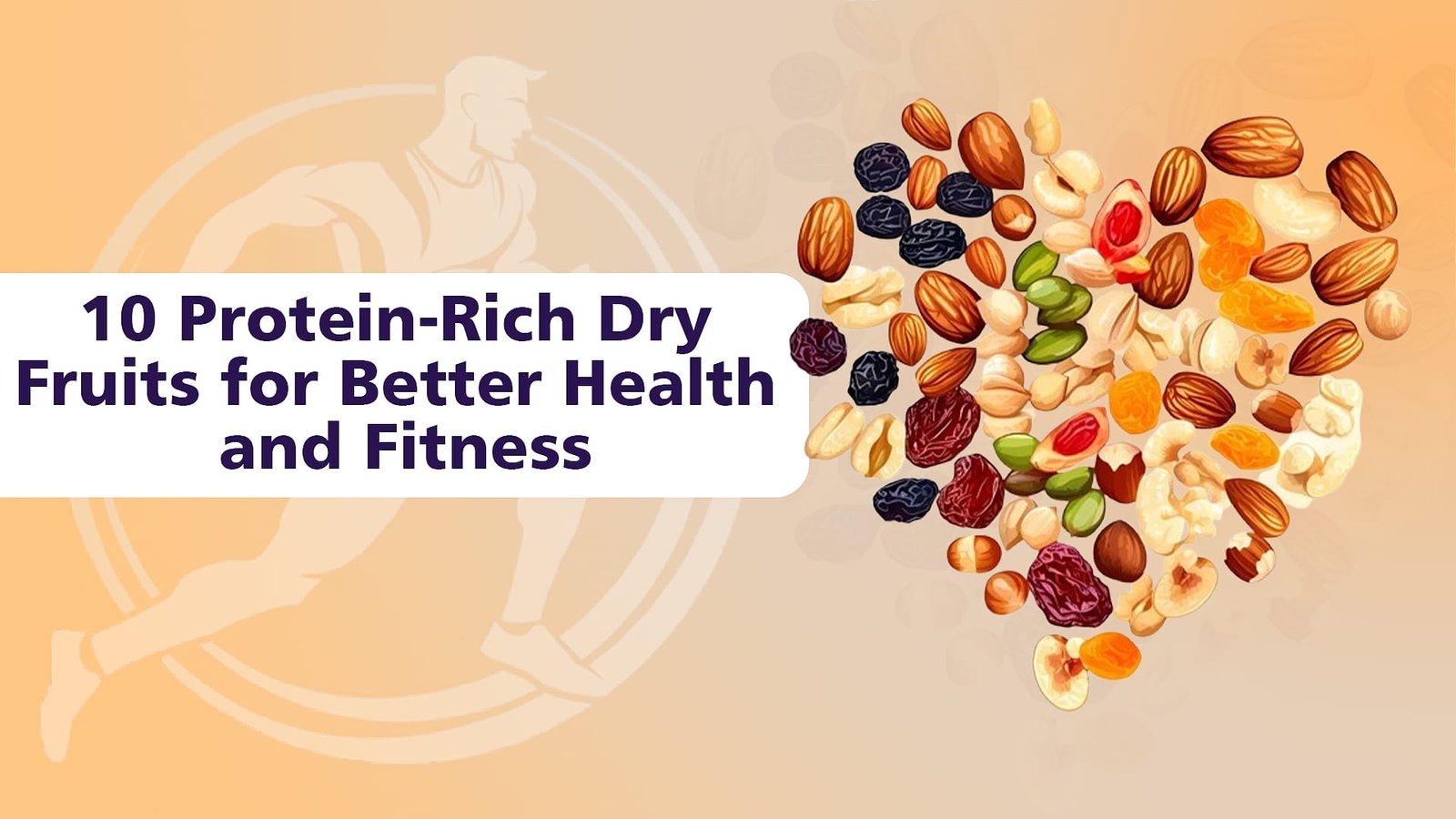Dry fruits are nature’s nutritional powerhouses, offering a concentrated source of essential nutrients, including protein, vitamins, minerals, and healthy fats. Incorporating these protein-rich dry fruits into your diet can significantly enhance your overall health and fitness. Here are 10 top choices to consider.
Thank you for reading this post, don't forget to subscribe!Almonds
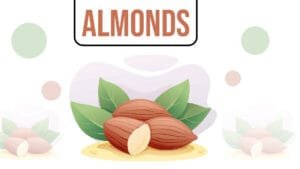
Almonds are one of the most popular nuts and a fantastic source of protein. With approximately 21 grams of protein per 100 grams, they are a top choice for those looking to increase their protein intake. Almonds are also rich in healthy fats, particularly monounsaturated fats, which are beneficial for heart health. They provide about 12 grams of dietary fiber per 100 grams, aiding in digestion and promoting a feeling of fullness. Additionally, almonds are high in vitamin E, magnesium, and calcium, making them a well-rounded snack option. You can snack on raw or roasted almonds for a quick energy boost. They also make a great addition to salads, oatmeal, or smoothies, enhancing both flavor and nutrition.
Pistachios
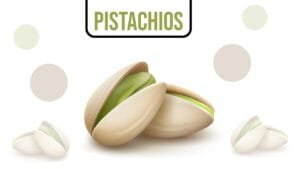
Most Important Dry Fruits Pistachios are another excellent source of protein, offering about 20 grams of protein per 100 grams. These nuts are not only delicious but also packed with nutrients. Pistachios are rich in antioxidants, which help combat oxidative stress in the body. They provide about 10 grams of fiber per 100 grams, promoting digestive health. Furthermore, they are a good source of vitamin B6, potassium, and healthy fats, making them a heart-healthy choice. Enjoy pistachios as a standalone snack or sprinkle them over salads and yogurt for added crunch and flavor.
Walnuts
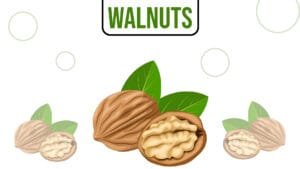
Walnuts are a powerhouse of nutrients, providing approximately 15 grams of protein per 100 grams. They are particularly known for their high omega-3 fatty acid content, which is beneficial for heart health. In addition to protein, walnuts are rich in antioxidants that protect against cell damage. They contain about 7 grams of fiber per 100 grams, contributing to digestive health. Walnuts are also a source of several vitamins and minerals, including vitamin E and magnesium. Chop walnuts and add them to baked goods, salads, or oatmeal for a nutritious boost.
Cashews

Cashews are creamy and rich in flavor, providing about 18 grams of protein per 100 grams. They are versatile and can be used in various dishes. Cashews are loaded with healthy fats and protein, making them perfect for cooking, making sauces, or enjoying as a snack. They are also a good source of magnesium, which is essential for bone health and muscle function.
Pecans
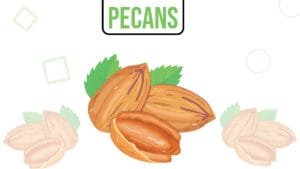
Pecans are a great source of protein, with about 9.2 grams per 100 grams. They are rich in healthy fats, particularly monounsaturated fats, which are beneficial for heart health. Pecans also contain antioxidants and fiber, promoting digestive health and reducing the risk of chronic diseases. You can enjoy pecans as a snack, add them to salads, or use them in baking for a delicious and nutritious twist.
Macadamia Nuts
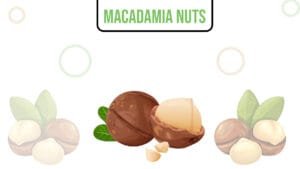
Macadamia nuts are known for their creamy texture and rich flavor. They provide about 7.9 grams of protein per 100 grams. Macadamia nuts are high in healthy fats, particularly monounsaturated fats, which help lower bad cholesterol levels. They also contain antioxidants and fiber, contributing to overall health. Enjoy macadamia nuts as a snack or add them to your favorite recipes for a nutty flavor.
Brazil Nuts
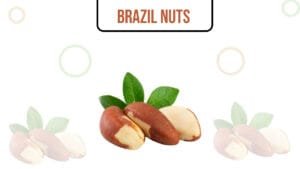
Brazil nuts are a good source of protein, offering about 14.3 grams per 100 grams. They are also rich in selenium, a mineral that supports thyroid function and has antioxidant properties. Brazil nuts contain healthy fats and fiber, promoting heart health and digestive well-being. You can snack on Brazil nuts or add them to trail mixes for a nutritious boost.
Pine Nuts
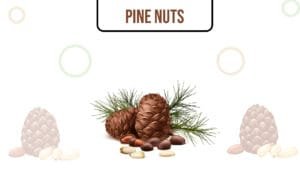
Pine nuts are small but mighty, providing about 13.7 grams of protein per 100 grams. They are rich in healthy fats, particularly polyunsaturated fats, which are beneficial for heart health. Pine nuts also contain antioxidants and fiber, promoting overall health. You can use pine nuts in pesto, sprinkle them over salads, or enjoy them as a snack.
Pumpkin Seeds
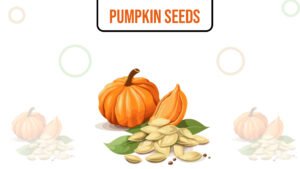
Pumpkin seeds are a great source of protein, with about 30 grams per 100 grams. They are also rich in healthy fats, particularly omega-3 fatty acids, which are beneficial for heart health. Pumpkin seeds contain antioxidants and fiber, promoting digestive health and reducing the risk of chronic diseases. You can snack on pumpkin seeds or add them to salads, oatmeal, or smoothies for a nutritious boost.
Sunflower Seeds

Sunflower seeds are a good source of protein, offering about 20.8 grams per 100 grams. They are rich in healthy fats, particularly polyunsaturated fats, which are beneficial for heart health. Sunflower seeds also contain antioxidants and fiber, promoting overall health. You can snack on sunflower seeds or add them to salads, yogurt, or baked goods for added nutrition and flavor.
Conclusion
Incorporating these protein-rich dry fruits into your diet can significantly enhance your overall health and fitness. They are not only delicious but also packed with essential nutrients that support muscle growth, heart health, digestion, and more. Whether you enjoy them as a snack or add them to your favorite recipes, these dry fruits are a convenient and nutritious way to boost your protein intake and improve your well-being.

